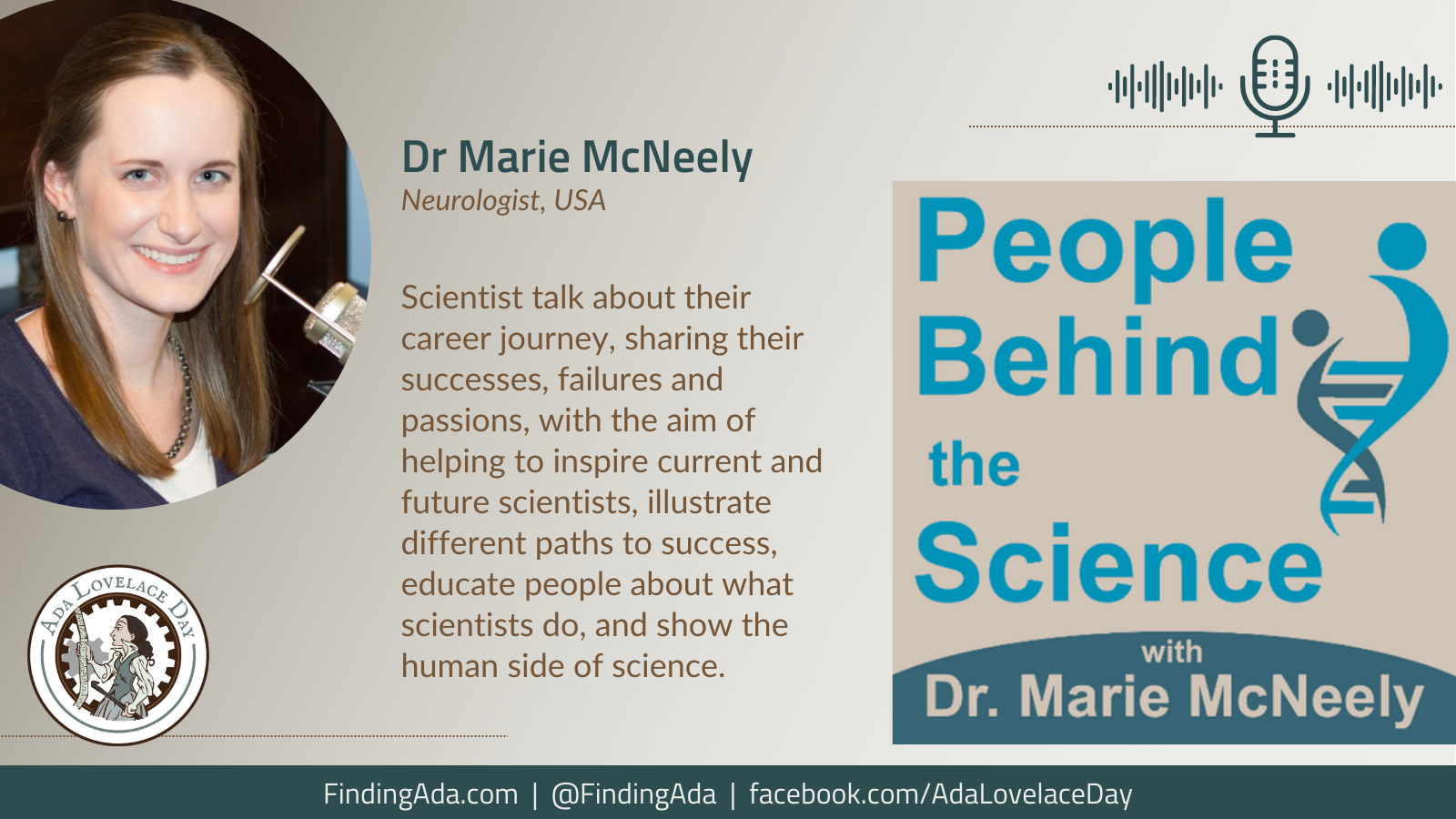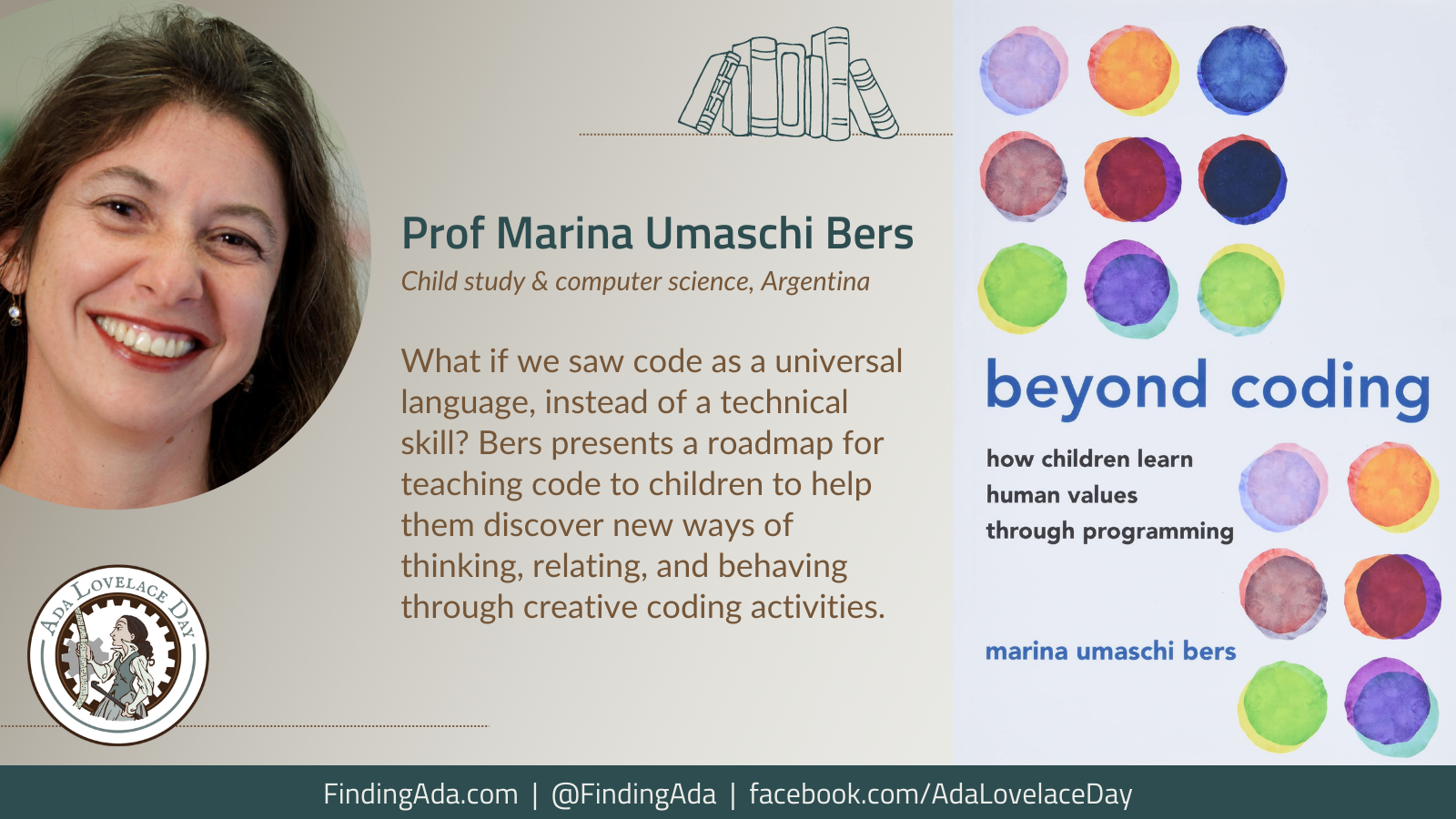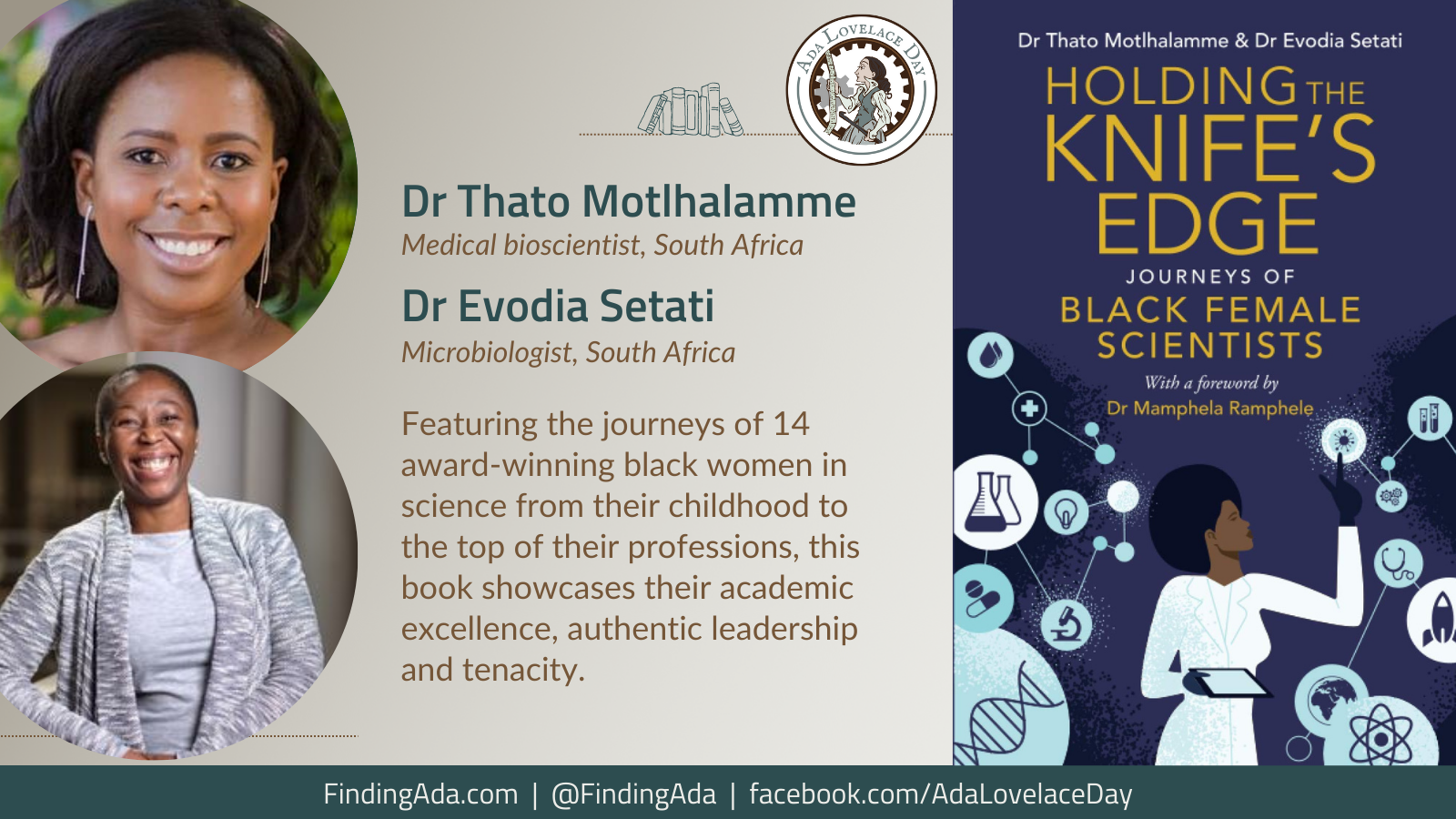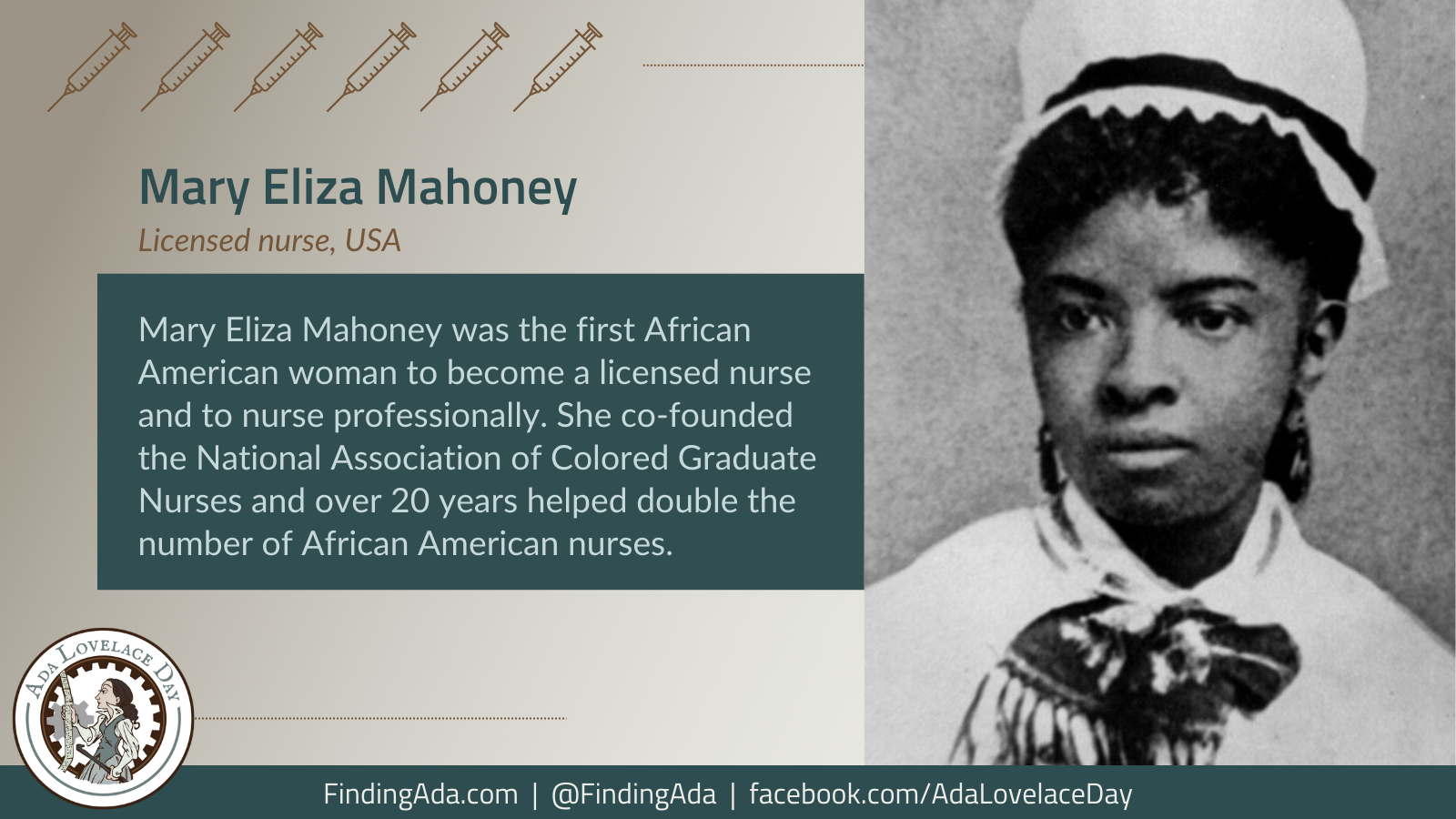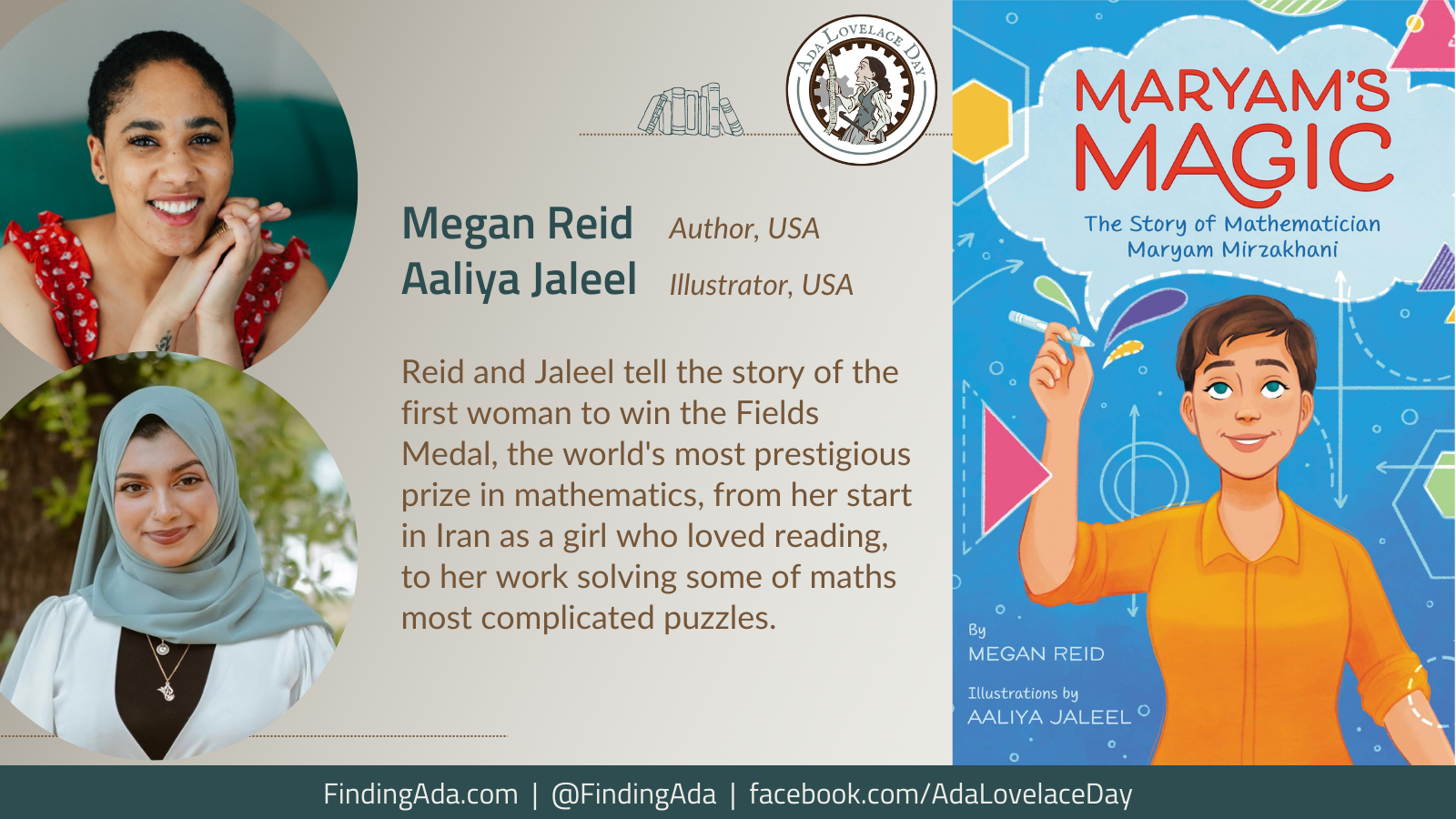
Maryam’s Magic: The Story of Mathematician Maryam Mirzakhani, Megan Reid and Aaliya Jaleel
As a little girl, Maryam Mirzakhani was spellbound by stories. She loved reading in Tehran’s crowded bookstores, and at home she’d spend hours crafting her own tales on giant rolls of paper.
Maryam loved school, especially her classes in reading and writing. But she did not like maths. Numbers were nowhere near as interesting as the bold, adventurous characters she found in books. Until Maryam unexpectedly discovered a new genre of storytelling: In geometry, numbers became shapes, each with its own fascinating personality – making every equation a brilliant story waiting to be told.
As an adult, Maryam became a professor, inventing new formulas to solve some of math’s most complicated puzzles. And she made history by becoming the first woman – and the first Iranian – to win the Fields Medal, mathematics’ highest award.
Maryam’s Magic is the true story of a girl whose creativity and love of stories helped her – and the world – to see math in a new and inspiring way.
Order the book on Bookshop.org.uk here and your purchase will support a local independent bookshop of your choice!
About the Author
After receiving her MA in English Literature, Megan acquired and edited several bestselling and award-winning books as an editor at Simon and Schuster’s Touchstone and Emily Bestler Books imprints before joining FX Networks as a development and literary executive.
A graduate of Northern Arizona University and The Ohio State University, her writing has been featured on Elle, Refinery29, BuzzFeed, LitHub, and FastCompany. She published her first picture book biography, Althea Gibson: The Story of Tennis’ Fleet-of-Foot Girl in 2020, and has followed it with $9 Therapy: Semi-Capitalist Solutions to Your Emotional Problems and Who Did It First? 50 Icons, Luminaries and Legends Who Revolutionized the World.
You can follow her work here:
Twitter: @meg_r
Instagram: @meg_er/
Website: meganreid.co
About the Illustrator
Aaliya Jaleel is a Sri-Lankan American illustrator, designer and visual development artist.
Some of her past works include the books Amazing Asian Americans and Pacific Islanders Who Inspire Us All, Under My Hijab and Muslim Girls Rise. She has also worked on projects with Simon & Schuster, HarperCollins, and Penguin Random House. In addition to being an illustrator, Aaliya works as a storyboard artist at Wild Canary, including the Disney Junior show Mira, Royal Detective.
You can follow her work here:
Twitter: @aaliyamj
Instagram: @aaliyamj
Website: aaliyamj.com
